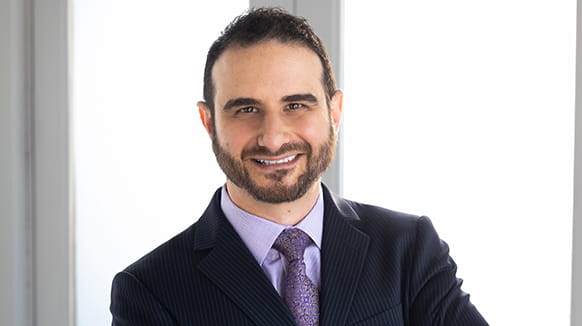Starting tomorrow, August 3, 2019, foreign entities and residents no longer can file for United States federal trademark protection without U.S. counsel … with some exceptions. This is per a new rule that the U.S. Patent and Trademark Office (USPTO) announced last month.1
The rule is aimed largely at curtailing bad-faith and other noncompliant filings from abroad. Pro se foreign trademark applications to the USPTO, notably, have tripled between 2015 and 2017. Below, we will explain some of the rule’s nuances and how foreign trademark owners and practitioners should proceed.
To Whom Does the Rule Most Directly Apply? All persons with permanent residence, and companies with headquarters, outside the U.S. or U.S. territories.
At What Point Must U.S. Counsel Be Appointed? Before or at the time of any submission to the USPTO or Trademark Trial and Appeal Board (TTAB). In other words, once any prosecution, maintenance, or TTAB filing is due or made, U.S. counsel must be appointed. Importantly, any application, registration or proceeding initiated before August 3, 2019, is still subject to the requirement to appoint U.S. counsel for any filing after the implementation date.
What Are the Exceptions to the U.S. Counsel Requirements? First, recognized Canadian trademark attorneys and agents can continue to represent Canadian parties in U.S. trademark matters. Canadian patent agents, however, can no longer practice before the USPTO, except where already appointed before August 3, 2019, as representative for an application or registration.
Second, those who use the Madrid Protocol to designate the U.S. as a jurisdiction in which to apply must appoint U.S. counsel – unless the application manages to escape any Office Action. The Madrid system presently does not allow for appointment of U.S. counsel in the initial filing. Until such a system is put in place, Madrid applicants can still proceed to file without involving or listing U.S. counsel. Interestingly, if a Madrid application is in perfect order for publication (which the USPTO estimates to be less than 3% of all Madrid applications), the application will proceed to publication without the need for appointment of U.S. counsel. However, if the application draws an Office Action due to any other issue or inquiry raised by the Examining Attorney, response to that Office Action will require appointment of U.S. counsel.
What Will Happen If U.S. Counsel Is Not Appointed? To the extent that U.S. counsel is not designated in filings subject to this rule, the USPTO is expected to issue an Office Action requiring that the foreign party designate U.S. counsel. Failure to timely respond and comply with that Office Action will result in abandonment of the application or registration.
Notably, new applications will retain their initial filing date and will not be considered incomplete simply because U.S. counsel was not appointed in the first instance.2
Similarly, if U.S. counsel has not been appointed for TTAB filings made once the rule goes into effect, the TTAB will suspend proceedings and inform the relevant party of the time frame within which it must obtain U.S. counsel.
In short, lack of compliance with the rule can be corrected with appropriate action. As a best practice, though, including to avoid delays or complications, we suggest that mark owners and counsel based outside the U.S. promptly appoint U.S. trademark practitioners to all active U.S. federal trademark records and TTAB proceedings.
1 Requirement of U.S. Licensed Attorney for Foreign Trademark Applicants and Registrants, 84 FR 31498 (July 2, 2019).
2 However, filings made through the “TEAS Plus” form, which provides for slightly lower filing fees, cannot be filed without a U.S. trademark lawyer at the onset.


